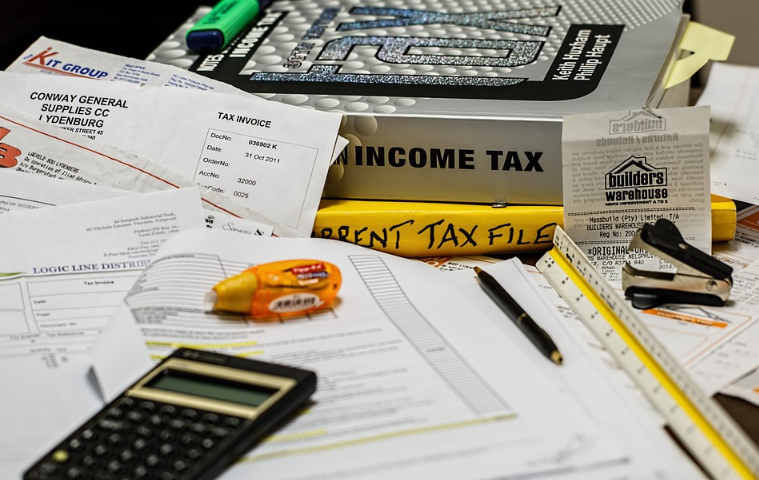Payment Processing for Small Businesses: Tips for Success
In today’s fast-paced world, payment processing plays a pivotal part in the success of small enterprises. With the rise of digital transactions and diverse payment options, small business owners need to optimize their payment processing systems. Digital payments, for instance, can help many new companies in the industry. Below are some tips and strategies that can help small businesses navigate the complex world of payment processing.
Understand Your Payment Processing Options

Before diving into payment processing, especially Tobacco Payment Processing, it is important to understand the available options. By analyzing your business needs and customer preferences, you can determine the best payment processing solution for your small business.
Choose the Right Payment Processor
Selecting a reliable payment processor is one of the most crucial decisions you’ll make as a small business owner. Go for a processor that offers competitive rates, transparent fee structures, and excellent customer support. Ensure they provide seamless integration with your existing systems, such as your e-commerce platform or accounting software. Additionally, consider factors like security measures, fraud prevention, and flexibility in accepting various payment types.
Embrace Digital Payments
As technology continues to reshape the payment landscape, small businesses must embrace digital payment solutions. Offering customers the convenience of credit and debit card payments, mobile wallets, and online transactions can significantly boost sales and customer satisfaction. Partnering with a payment processor that supports easy integration of these digital payment options ensures a seamless experience for both you and your customers.
Streamline the Checkout Process

The checkout experience can make or break a sale. Simplify the payment process by minimizing the steps involved. Implement features such as autofill, guest checkouts, and one-click payments when possible. It is also essential to optimize your online store’s user interface and design to ensure a smooth, intuitive, and responsive checkout experience across different devices.
Optimize Payment Security
Payment security is extremely important in today’s digital world. Protecting your clients’ sensitive financial information should be a top responsibility. Ensure that your payment processor follows industry-standard security protocols, such as Payment Card Industry Data Security Standard (PCI DSS) compliance. Encryption technology, tokenization, and two-factor authentication can improve security. Regularly analyze your systems for potential vulnerabilities and educate your employees on fraud prevention best practices.
Leverage Analytics and Reporting
Payment processing systems provide valuable data that can help drive business decisions. Leveraging analytics and reporting tools provided by your payment processor allows you to gain insights into customer behavior, popular products or services, peak sales periods, and more. Analyzing this data can guide inventory management, pricing strategies, and marketing campaigns, helping you make informed business decisions.
Offer Stellar Customer Support

Please choose a payment processor known for its excellent customer service, ensuring prompt resolution of any issues or concerns that may arise. Clear communication channels and easy access to support resources will truly make a difference in the perception of your business.
As small businesses strive to adapt to an increasingly digital landscape, optimizing payment processing systems becomes an integral part of their success. …




 Most start-ups fail for several reasons, but one is much more common than others: running out of money. As an investor, at the same time, you need to understand where every dollar comes from and where every dollar goes. If you can’t control your cash flow, you risk putting your company in a very dangerous situation. Consider hiring a full-time employee to manage your expenses. You could also purchase quality software like QuickBooks to take care of your bills and send money to the perfect places.
Most start-ups fail for several reasons, but one is much more common than others: running out of money. As an investor, at the same time, you need to understand where every dollar comes from and where every dollar goes. If you can’t control your cash flow, you risk putting your company in a very dangerous situation. Consider hiring a full-time employee to manage your expenses. You could also purchase quality software like QuickBooks to take care of your bills and send money to the perfect places.

